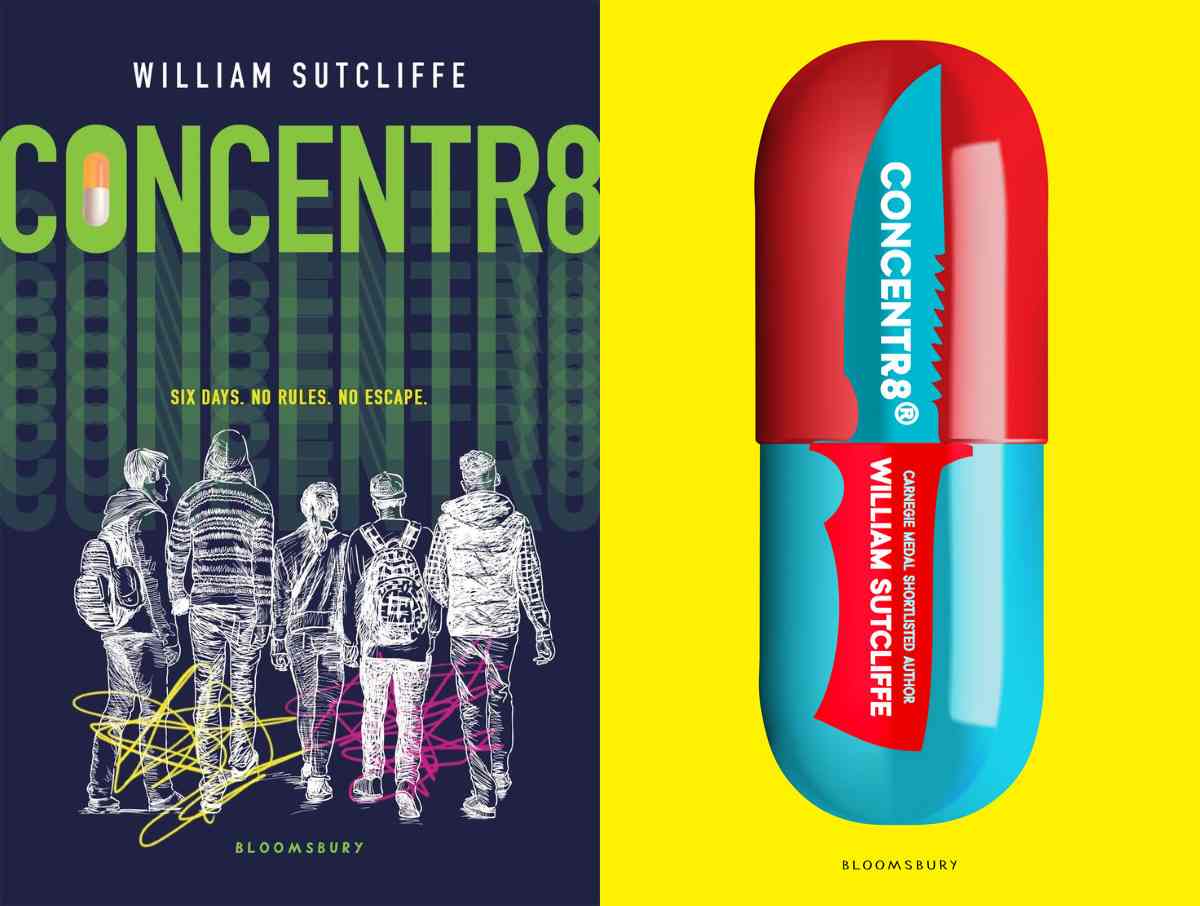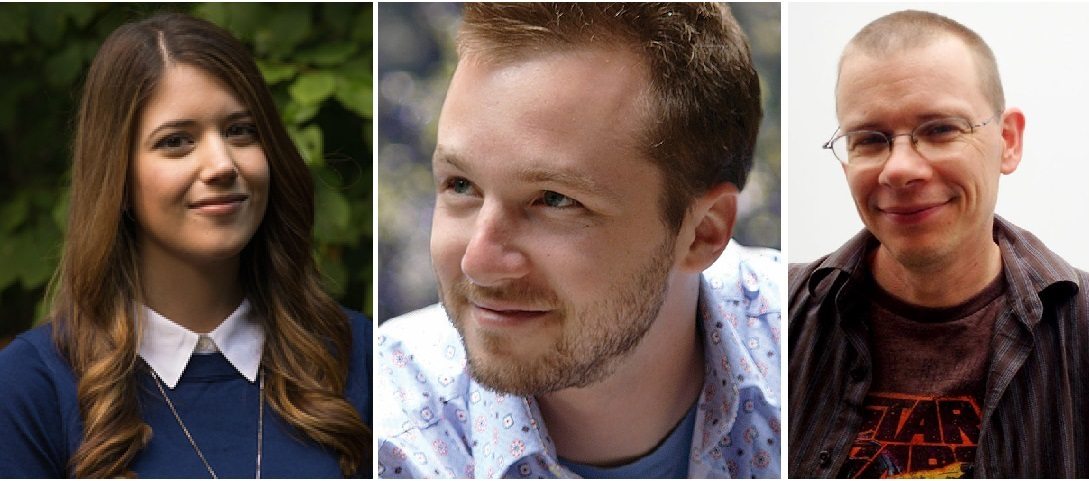
A few months ago I stumbled on this article by William Sutcliffe, published by the UK’s Independent newspaper. Ignoring its primary content for a moment, this was exciting for me as Sutcliffe is the author of one of my favourite books, Whatever Makes You Happy, a novel that offers a hilarious look at the mother-son relationship. I found it particularly apposite to my situation, and a whole lot cheaper than therapy. He also wrote the excellent Circus of Thieves books; hilarious stories for children aged 6+.
His new story promised a dystopian future based around a behaviour-altering drug given to children. This is the type of premise I enjoy in a book, written by an author I greatly admire, so I knew immediately I wanted to read, Concentr8.
The novel wasn’t quite what I expected it to be. It’s not set on a future earth, with a striated society and a mad dictator calling all the shots. It’s a whole lot more subtle than that. Concentr8 is set in an easily recognizable London, with an easily recognizeable (to British residents at least), but entirely fictitious, media savvy, tousle-haired buffoon, as Mayor.
London is in turmoil. Its population is angry. Much like at the time of the 2011 riots, there’s a feeling that politicians and big-business are creaming off the top, at the expense of the little guy. The little guy has had enough.
Enter five teenagers from inner-city London. Disaffected and bored, with little prospect things will get any better. As London consumes itself, Blaze and his followers decide to start a fire of their own. They kidnap and hold hostage a lowly government worker. Hiding out in an abandoned warehouse, the teenagers soon find themselves the attention of the nation’s media.
As the stakes are raised, each child begins to analyse their reasons for being there; a heady mix of camaraderie, loyalty to a charismatic leader, and railing against a society that doesn’t want them. Each member of the gang questions their involvement in a situation that becomes more dangerous by the hour.
Sutcliffe uses several different voices to tell his tale, including members of the gang, a journalist, the hostage, a negotiator, and the Mayor of London himself. Some voices appear more then once, others are given but a solitary airing. Sutcliffe uses his mosaic of narrators to build up a picture of shifting loyalties and motives, revealing a group of young people that have started something they can no longer control.

Sitting over the top of all this is fictional drug, Concentr8; a treatment for ADHD. As the novel opens, it has been discovered that Concentr8 has been controversially prescribed to countless children across the country, without proper testing. Due to cost cuts the drug has been suddenly removed from circulation. All of a sudden there are hundreds of school aged children suffering from withdrawl.
Sutcliffe states in his Independent article that one the inspirations for Concentr8 came from the current reality that, in Britain, it is possible to obtain disability benefit if your child is diagnosed with having ADHD. This, combined with the aim of the Concentr8 program being to ensure that, “The symptoms of criminality can be treated before they develop into the full-blown disease.” forms the central axis on which Sutcliffe hangs the rest of his novel.
In the novel, children are preselected by teachers to be given the treatment. Their parents are given financial incentives to take up the program, the result being that swathes of children from disadvantaged backgrounds are medicated to keep them quiet. It’s chemical social engineering.
“Doctors have a huge influence and power to turn our social and cultural expectations for children’s behaviour into medical definitions of physical health, with those who do not conform to our social and cultural expectations being labelled as medically dysfunctional in some manner.”
Excerpt from Sami Timimi, Naughty Boys: Anti-Social Behaviour, ADHD and the Role of Culture. Quoted as a chapter heading in Concentr8
Like the best dystopian visions, the world Sutcliffe outlines is only one or two comparatively sane-sounding steps away from becoming reality.
The subject of ADHD is complex and deeply emotive. For sufferers and the parents of sufferers, life presents a series of specific challenges that must be overcome. Within the family unit, potential pitfalls can be allowed for, mitigated, or avoided. In the wider world, indifference and misunderstanding of the problems faced by an ADHD can exacerbate them. Medication is one method to return control to the sufferer, but should the continual increase in diagnoses of ADHD be cause for concern?
In the UK right now, huge emphasis is placed on school attainment. Rigorous testing and continual comparisons of results are now the order of the day. Schools can be severely reprimanded if they don’t show continual improvements in test scores. If prescribing certain drugs to children can improve their performance in these, apparently vital, measures of competence, why wouldn’t schools push for them? But at what cost? As The Onion put it ‘Ritalin Cures New Picasso.’
What Sutcliffe’s novel shows us, as any decent healthcare professional will tell you, is that proper diagnosis is essential. Behavioral and environmental factors must be carefully weighed up and assessed. ADHD is tangled conundrum, difficult enough to negotiate for a family with a sufferer, without trying to weigh up the influence of the pharmaceutical industry, political expediency, and education policy.
With selected (and often horrifying) quotes from anti-Ritalin literature, it’s fairly clear where Sutcliffe is pitching his flag. To borrow from scourge of Big Pharma and the imprecise use of science, author Ben Goldacre, I think we’ll find it’s a bit more complicated than that. Concentr8 expresses a view, but what it shows is only coming from one angle.
Nevertheless, Concentr8 does pose difficult questions about medicating teenagers, particularly those whose lives and situations are difficult. Leaving ADHD aside, it highlights the difficulties faced by young adults that live in harsh urban environments, showing what few options they feel they have.
“If it was up to me I wouldn’t never met nobody like Blaze or Troy or any of them. I wouldn’t have ended up with friends that ain’t even friends. I wouldn’t have ended up like this, all on my own up some roof with no options, no choices, just boxed in on every side by different things I don’t want – that nobody would want.”
Vilified throughout the press, used as scapegoats by politicians, and excluded from much of the Capital because of its over-inflated prices, these children are bored and looking to entertain themselves.
Sutcliffe ably demonstrates how it’s easy for the establishment to brand the behavior as criminal without really considering any mitigating circumstances. Compassion wins few votes and sells fewer newspapers, and it’s children like the ones depicted in Concentr8 that suffer as a result.
This is a controversial and thought-provoking book, that asks difficult questions about how we treat our teenagers. Its position on ADHD medication will raise ire in some, but above all, Concentr8 shows the importance of ensuring that decisions about how and when these drugs are prescribed, remain in the hands of the clinicians. In a world where explosive political rhetoric can ride roughshod over common sense, it’s an observation well worth making.
Concentr8 is out in both the US and the UK, published by Bloomsbury. Many thanks to Bloomsbury UK for sending me a copy of the book for review.




